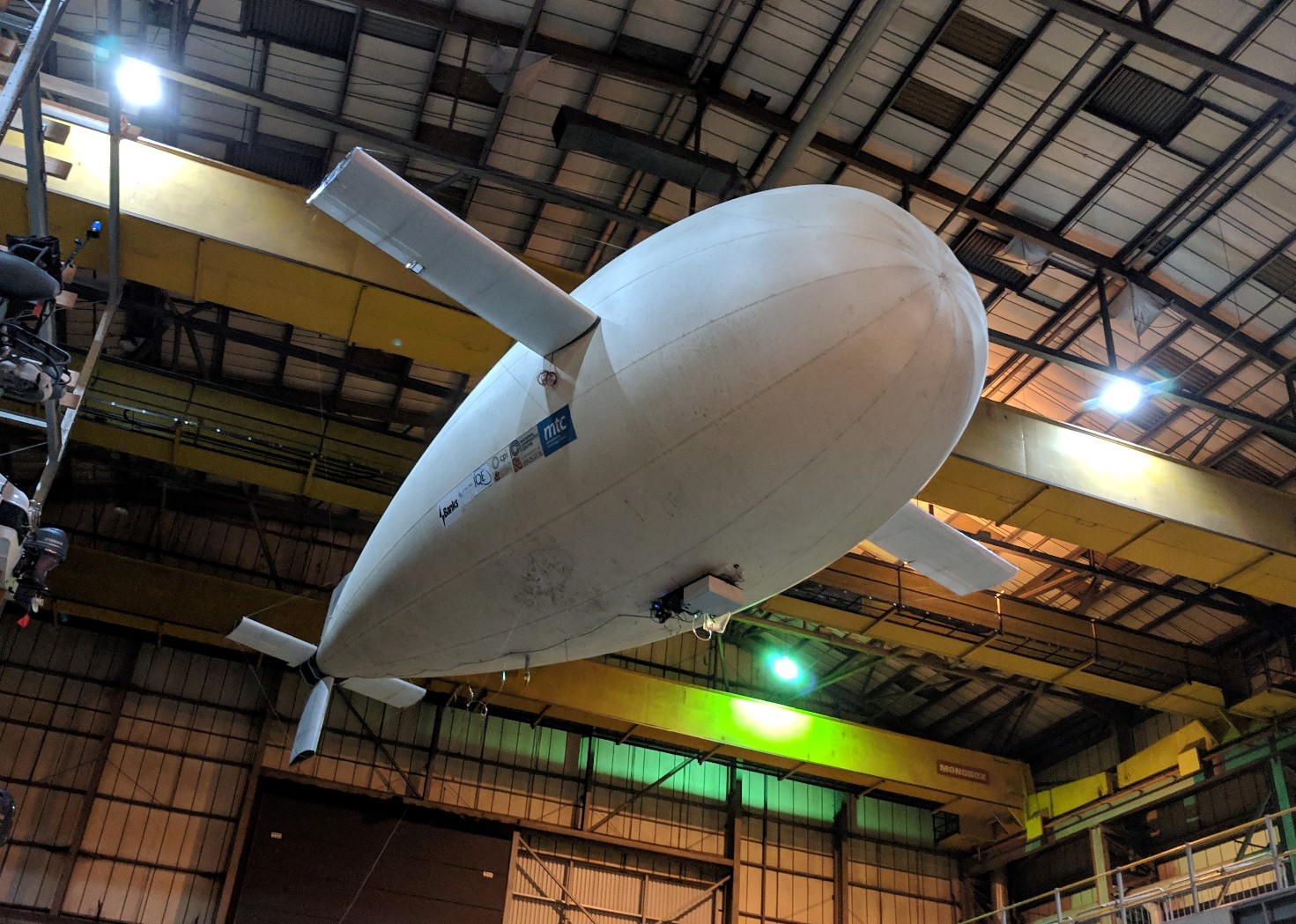The autonomously-controlled Phoenix aircraft has undergone successful test flights and has the potential to take the lead in the world development of pseudo-satellites.
Pseudo-satellites are able to fly, remotely-controlled or autonomously, at very high altitudes for long periods of time - often months. The can fly above commercial aircraft routes and above turbulence and moisture. They complement conventional satellites and can be used for earth-mapping, scientific observation and intelligence gathering.
Phoenix has been developed by consortium of industrial partners, universities and members of the High Value Manufacturing Catapult including the National Composites Centre, the Centre for Process Innovation, the University of Bristol, Newcastle University and the University of the Highlands and Islands. Industrial partners were Banks Sails, Stirling Dynamics, IQE and TCS Micropumps.
MTC technology director Ken Young said the Innovate UK-funded Phoenix project was an exciting collaborative venture at the cutting edge of aerospace technology.
"The variable-buoyancy propulsion technology has been used before for remote controlled underwater vehicles but has never been used for the propulsion of a large aircraft. The power for moving the flight-control surfaces, the valves and pumps comes from a battery charged by an array of lightweight flexible solar cells," he said.
He added, "The technology involved in this project is truly cutting-edge and has the potential to take the UK into the lead when it comes to this kind of innovation."
The MTC was founded by the University of Birmingham, Loughborough University, the University of Nottingham and TWI Ltd. The MTC’s industrial members include some of the UK’s major global manufacturers.
The MTC aims to provide a competitive environment to bridge the gap between university-based research and the development of innovative manufacturing solutions, in line with the Government’s manufacturing strategy. The MTC is part the High Value Manufacturing Catapult, supported by Innovate UK.
Find out more here.
